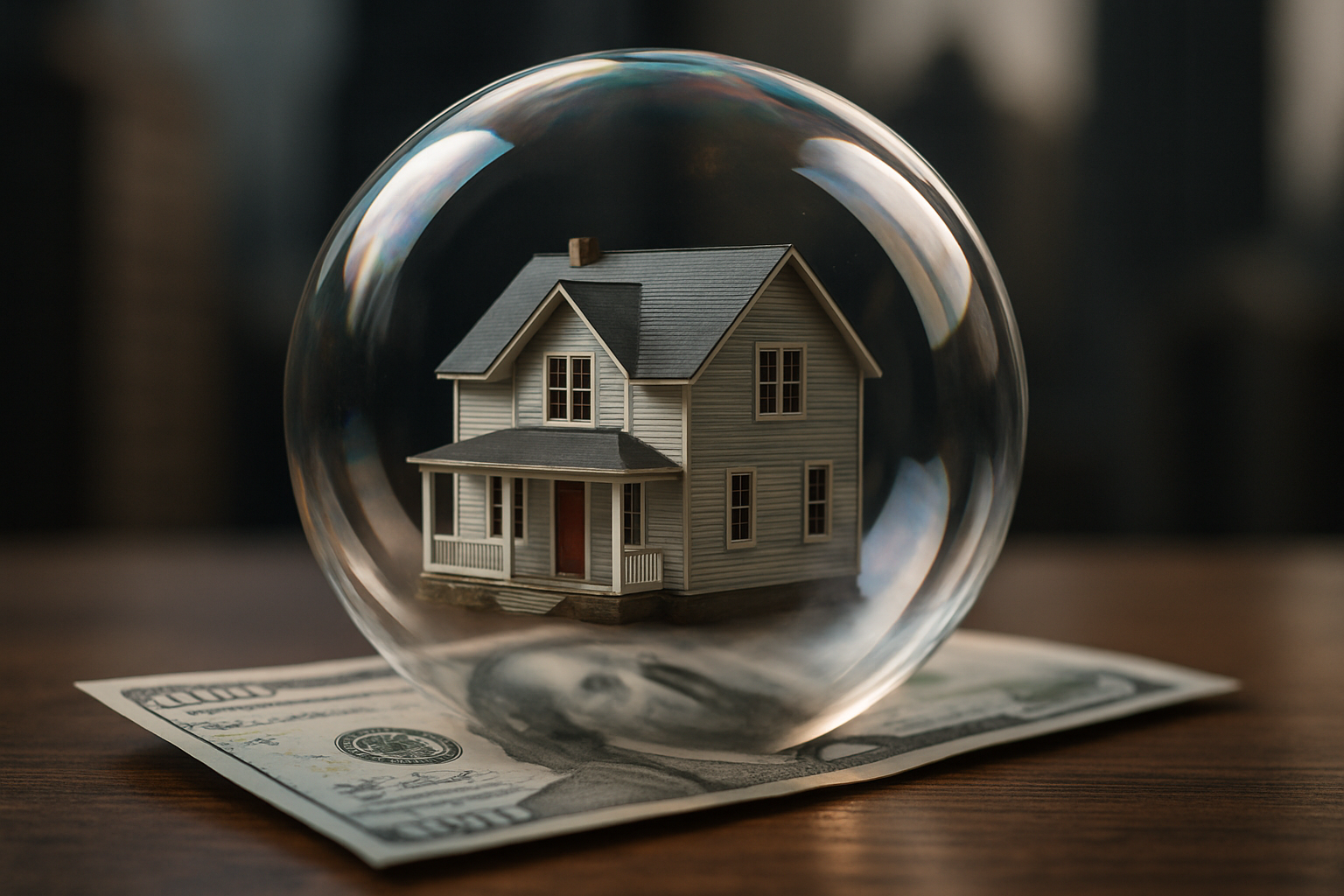Decoding the Mystery of Real Estate Bubbles: Causes, Consequences, and Opportunities
Real estate bubbles have been an intriguing phenomenon in the property market. One can never forget the dramatic housing bubble that led to the 2008 financial crisis. Today, let's delve into the mysterious world of real estate bubbles, understand their causes, and discuss their potential impact on buyers, sellers, and investors.

What is a Real Estate Bubble?
A real estate bubble, or a housing bubble, is a type of economic bubble that occurs periodically in local or global real estate markets. It is characterized by rapid increases in the valuation of real property until unsustainable levels are reached relative to incomes, price-to-rent ratios, and other economic indicators. Following this, the bubble bursts, typically resulting in a swift drop in prices.
The Anatomy of a Real Estate Bubble
Real estate bubbles are typically caused by a combination of factors. Firstly, low interest rates make borrowing cheaper, encouraging more people to buy properties. Secondly, speculative buying can also push up property prices. When people expect prices to keep rising, they buy properties hoping to sell them at a higher price later, leading to an increase in demand and consequently, prices.
However, when the bubble bursts, the consequences can be severe. Property prices plummet, leading to a loss of wealth for homeowners and investors. It can also lead to a banking crisis, as was seen during the 2008 financial crisis.
Current Scenario and Market Trends
Given the current low-interest-rate environment and robust demand for housing, some experts are warning of a potential bubble. However, others argue that the current situation is different from previous bubbles due to tighter lending standards and a genuine shortage of housing supply.
The Impact on Buyers, Sellers, and Investors
A real estate bubble can have different impacts on buyers, sellers, and investors. During the bubble phase, sellers and investors can benefit from high property prices. However, buyers may end up paying an inflated price for properties.
When the bubble bursts, the tables turn. Buyers can benefit from lower property prices, but sellers and investors may face losses. Moreover, if the bubble leads to a banking crisis, it can have an even wider impact on the economy, affecting jobs and incomes.
Opportunities in a Real Estate Bubble
Despite the risks, a real estate bubble can also present opportunities. Savvy investors can make profits by buying properties when prices are low and selling them when prices are high. Moreover, after the bubble bursts, there can be opportunities to buy properties at discounted prices.
In conclusion, while real estate bubbles can be risky, by understanding their causes and impacts, one can make informed decisions and potentially even profit from these market dynamics. As with all investment decisions, it’s important to do your research and perhaps seek advice from a real estate professional.






